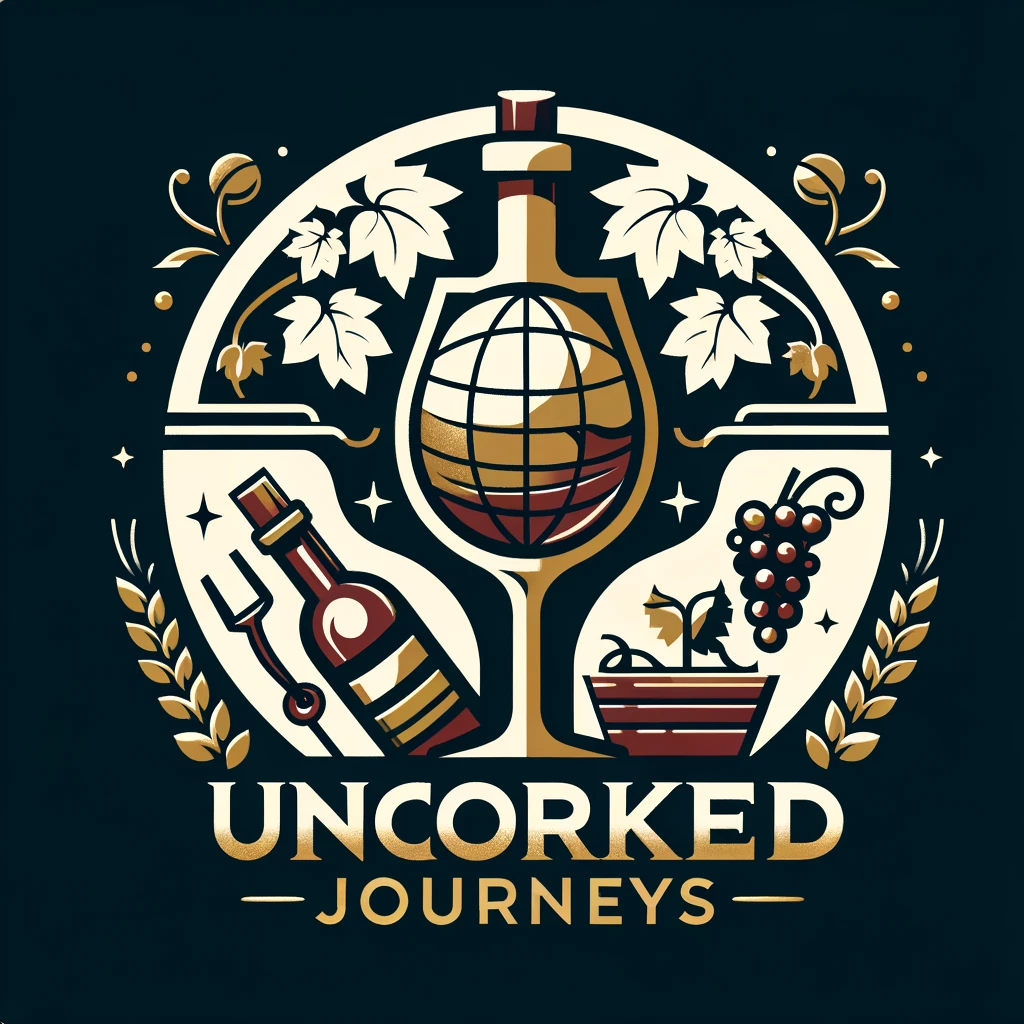Champagne
Champagne, France, is synonymous with elegance and celebration, offering a wine culture deeply rooted in centuries-old traditions. The region's reputation as the birthplace of sparkling wine has solidified its place in the world of oenology. From ceremonial toasts to the most intimate gatherings, Champagne wines are revered for their ability to elevate any occasion. This cultural significance is interwoven with the region's meticulous craftsmanship and reverence for quality, which have been passed down through generations of winemakers.
The history of wine-making in Champagne dates back to the Roman era, but it was in the late 17th century that the production of sparkling wine truly began to flourish. Figures such as Dom Pérignon, a Benedictine monk, played pivotal roles in refining the methods used to produce the effervescent wines the region is famous for today. The méthode champenoise, involving a second fermentation in the bottle, became a hallmark of the Champagne-making process and continues to distinguish these wines from other sparkling varieties.
Noteworthy wines from the region include iconic labels like Moët & Chandon, Veuve Clicquot, and Dom Pérignon, each offering unique blends that showcase the region's potential. The diversity of Champagne is evident in its classifications, ranging from brut to rosé, each crafted to highlight the balance between acidity and complexity. The careful blending of grape varieties such as Chardonnay, Pinot Noir, and Pinot Meunier ensures a wide spectrum of flavor profiles, from crisp and citrusy to rich and toasty.
The unique soil and climate of Champagne play a critical role in shaping the characteristics of its wines. The region's chalky subsoil provides excellent drainage while reflecting sunlight to the vines, aiding in grape ripening. The cool climate slows the maturation process, preserving acidity and allowing the grapes to develop nuanced flavors. This terroir creates wines with a signature freshness and minerality, making them distinctively Champagne. The balance between natural elements and winemaking expertise has led to the enduring appeal of these sparkling wines.
Beyond the technical aspects, the traditions surrounding Champagne are steeped in a sense of artistry and innovation. From the development of robust glass bottles to the invention of cork closures, Champagne producers have continuously refined their craft to ensure the highest quality. Additionally, the region's champagne houses, or maisons, are celebrated not just for their wines but also for their architectural beauty, with historic cellars carved into the chalky earth providing an atmospheric setting for aging these exquisite beverages.
Champagne's allure extends beyond its wines to its influence on global culture and gastronomy. The region has become a symbol of refinement, often associated with moments of triumph, luxury, and romance. From royal coronations in Reims to modern-day celebrations around the world, Champagne remains a timeless expression of joy and sophistication. This enduring legacy makes the region a beacon for wine lovers seeking to experience the intersection of history, tradition, and exceptional craftsmanship.
